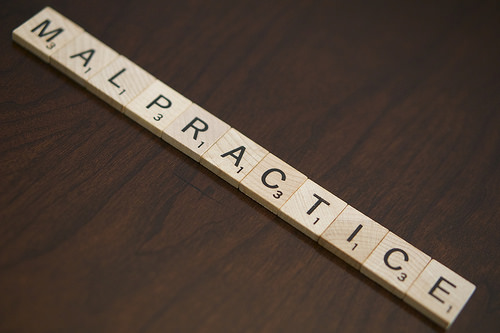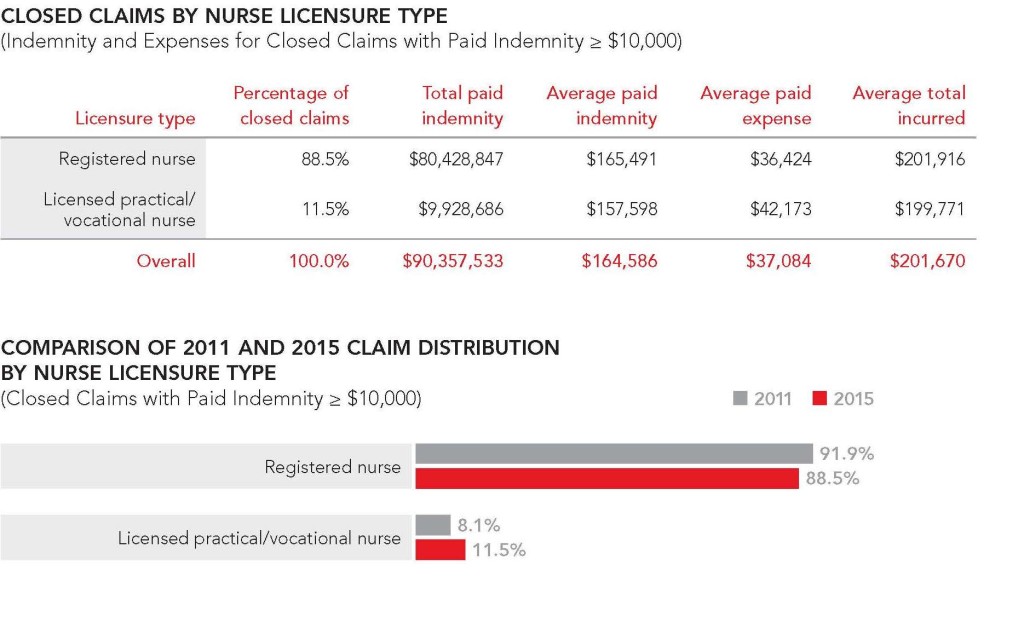
Workplace Health and Safety Tips for Nurses
A healthy work environment is empowering for both the employees and the administrators. It creates a culture of safety, which is paramount for performance. While it applies to every industry, it is especially true for the health care sector.
Medical workers are exposed to a lot of challenges, including health and safety challenges, and therefore it is even more important to create a culture of safety within the organization. This, in turn, helps to create a patient-centered team that performs with a sense of professionalism, involvement, efficiency, transparency, and accountability.
Challenges
In the United States, health care is the fastest-growing industry. It employs more than 18 million workers and almost 80% of health care staff are women. So it is not just the hazards on the job that the health care workforce needs to worry about; the fact that the sector employees such a large number of females makes it even more vulnerable to violence and stress.
The video below speaks volumes of the physical consequences nurses often experience in terms of workplace violence.
It is pretty obvious that the job related injuries and workplace violence are the reasons that make health care a very dangerous profession, especially for direct patient care professionals. The Occupational Safety and Health Administration (OSHA) estimates that there were 253,700 reports of work-related illness and injuries in hospitals in 2011. This means 6.8% such illness and injuries for every 100 full-time health care staff. And according to a study of emergency departments, 12.1% of emergency nurses are subjected to physical violence over an average week of work. Worse still, in almost 97.8% cases patients were the perpetrators. The problem is even more acute for mental health workers.
Besides, data indicates that direct patient care professionals are more likely to get hurt on the job; it is almost double the rate of employee injuries (including construction workers) in private industry. Most common injuries suffered by nurses are related to falling down, running into something, and overexertion. Illnesses are usually caused by needle-sticks, infectious diseases, back pain, coming in contact with toxic and allergy-causing substances, and so on.
Sounds scary, doesn’t it? The good news is that it’s possible to prevent or at least reduce such workplace health and safety hazards for nurses. Follow these 3 tips to ensure workplace health and safety.
1. Be Careful of Sharp Objects
According to the Centers for Disease Control and Prevention, annually 385,000 sharps-related injuries occur among health care workers in hospitals. Needlestick or other sharp objects that health care workers are usually vulnerable to expose them to blood-borne pathogens. This is one of the major serious health and safety hazards experienced by nurses.
Nurses and other medical professionals have, for long, fought to make it compulsory to use safe needles in hospitals and health care centers. Today, it is mandatory by law for such medical organizations to use needles with safety caps, apart from using gloves, masks, eye protection, and gowns to prevent puncture wounds. The Needlestick Safety and Prevention Act also requires employers to maintain a sharp injury log and take proper steps to reduce health care professionals’ exposure to such injuries.
If your hospital or medical center fails to use safe needles as required by the federal law, discuss the issue immediately with the authority. In addition, be careful while drawing blood from patients, especially those suffering from contagious diseases. The risk of injury is especially higher when working a double shift, at the end of a shift, and/or when staffing is low.
2. Use Proper Gloves to Avoid Latex Allergy
Latex allergy continues to be another key health hazard for health care workers. You need to use latex gloves while providing care to patients in order to prevent coming into contact with toxic and allergy-causing substances. Unfortunately, the powder that these gloves contain are toxic enough to cause a rash on your hands. Some of these incidents can be so severe that you can even suffer from anaphylactic shock.
Even if someone doesn’t develop latex allergy soon after using these gloves, there are always chances of developing them later, especially after prolonged use. According to Dr. Phillip Farthing, a medical doctor and an experienced Tampa medical malpractice lawyer, nurses have the right to ask their employers for powder-free gloves.
If, unfortunately, you have to continue working with powdered gloves, make sure you follow these safety guidelines:
• Thoroughly wash and dry your hands soon after removing the latex gloves.
• Don’t use oil-based lotions, especially those containing palm oil, coconut, lanolin, and mineral while at work, as these oils will eventually break down the glove barrier.
• You should preferably wear cotton liners or synthetic gloves along with your latex gloves particularly for work that gets your hands wet.
If you already have latex sensitivity, it will become even more challenging for you to avoid further exposure. If the symptoms get worse, speak to your employer immediately and don’t forget to consult a doctor.
3. Don’t Tolerate Workplace Violence
According to OSHA, nurses are highly vulnerable to workplace violence, and such incidents are more likely to occur at times of high activity like meals and visiting hours or when staffing is low. Nurses working alone in remote locations as well as in high-crime areas are also susceptible to assault and violence. But before discussing that, let’s understand the nature of workplace violence in the health care industry.
The definition of workplace violence according to the National Institute of Occupational Safety and Health (NIOSH) is as follows: It is the “physically and/or psychologically damaging actions that occur in the workplace or while on duty.” Such workplace violence is further classified into 4 categories:
• Violence caused by customer/client (i.e., patient or patient party)
• Criminal intent
• Worker-on-worker
• Personal relationship
Unfortunately, there is no federal law requiring workplace violence protections for nurses. That said, many states are now bringing regulations and/or have enacted legislation to prevent workplace violence.
There are few things hospitals and health care centers can do to prevent such incidents, and installing security systems to control access is definitely one of them. In addition, nurses and other health care workers must be diligent. Familiarize yourself with and be careful of patients who have a history of violent behavior, drug or alcohol intoxication, and/or dementia. Moreover, when working in an unsafe situation, have an escort (such as a security personal or even a fellow worker) who can raise alarm if your patient becomes aggressive.
Conclusion
It is no secret that health care workers are more vulnerable to safety issues than any other professionals. Nurses are exposed to various challenging situations and/or health/safety hazards since the first time they step into a medical facility. But there are ways to minimize and even prevent such risks and both the medical facilities and the healthcare workers must take responsibilities to ensure workplace safety. Be vigilant always and follow the guidelines provided by OSHA and other administration to make this constantly variable environment safe for all.





